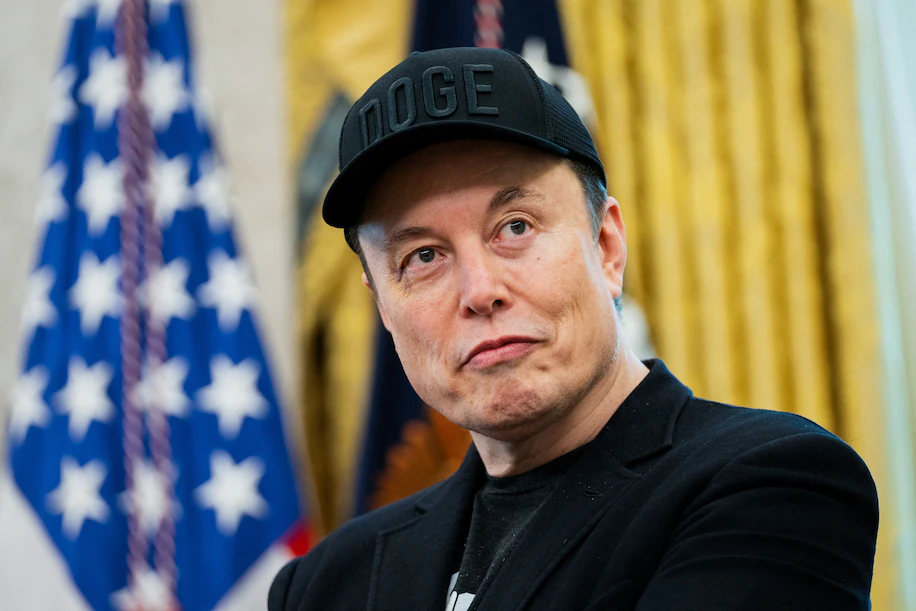Tesla and its chief executive, Elon Musk, are facing a proposed class-action lawsuit from shareholders who allege the company concealed major risks linked to its self-driving technology, resulting in securities fraud.
The lawsuit, filed late on Monday, follows Tesla’s first public test of its “Robotaxi” service in late June near the company’s Austin headquarters. The demonstration instead drew scrutiny after the cars were seen speeding, braking erratically, mounting a curb, veering into the wrong lane, and dropping passengers in the middle of busy roads.
The National Highway Traffic Safety Administration (NHTSA), the primary US transport regulator, has since opened an investigation into the pilot.
Shareholders claim Musk and Tesla overstated the performance and future of their autonomous driving systems, artificially boosting the company’s financial outlook and stock price. Tesla shares dropped 6.1% over two trading days following the test, erasing roughly $68bn (£53bn) in market value.
The complaint cites Musk’s remarks during an earnings call on 22 April, where he insisted Tesla was “laser-focused on bringing Robotaxi to Austin in June”. That same day, Tesla promoted its autonomous tech as offering “scalable and safe deployment across diverse geographies and use cases”.
Tesla has not responded to media requests for comment. Also named in the lawsuit are the company’s current chief financial officer, Vaibhav Taneja, and his predecessor, Zachary Kirkhorn.
Expanding the Robotaxi service is considered vital for Tesla, which is currently grappling with declining demand for its ageing fleet of electric vehicles and mounting criticism surrounding Musk’s political rhetoric.
Musk has vowed to make Robotaxi services available to half the US population by the end of 2025. However, regulatory approval and public trust remain key hurdles. Tesla recently claimed to have expanded its Robotaxi operations to the San Francisco Bay Area despite California state rules preventing Tesla from charging passengers for autonomous rides without a renewed permit.
Adding further legal woes, a Florida jury on 1 August found Tesla 33% liable for a 2019 crash involving its Autopilot software, which killed a 22-year-old woman and seriously injured her boyfriend. The court awarded approximately $243m (£190m) in damages to the victims. Tesla, which argues the driver was at fault, plans to appeal the verdict.



